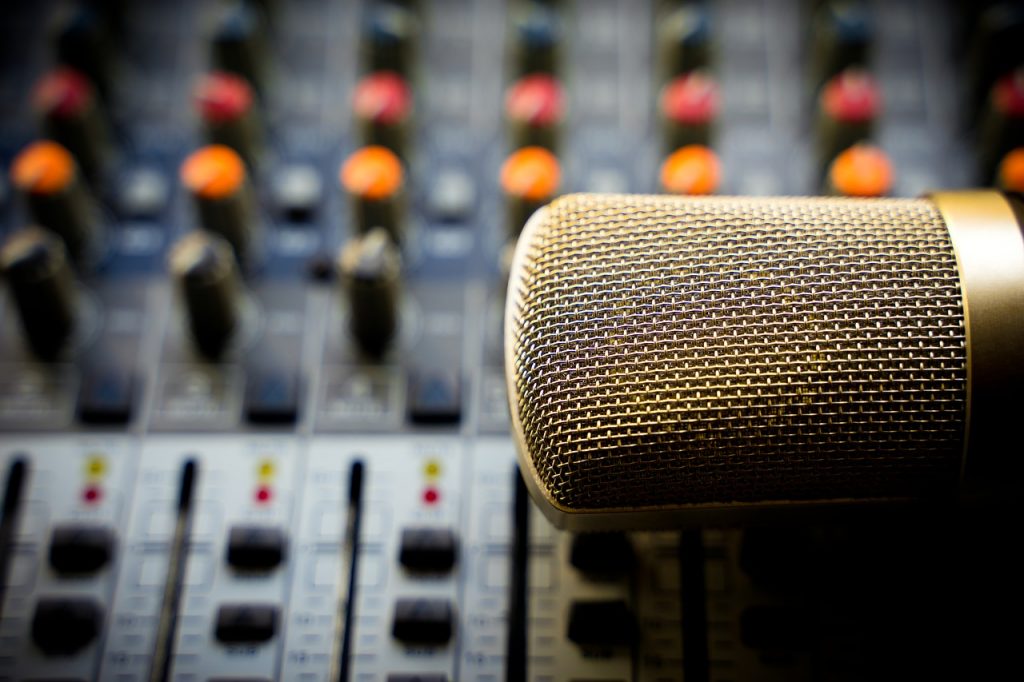
Learning to be a recording engineer is not easy. Like any other intricate craft, it takes time and practice. And buying more or better equipment isn’t going to make learning the process easier. In fact, it slows it down. Here are some hints to keep the process moving.
Build Your Listening Skills – Good listening skills are maybe the most important thing you need to do to become a competent recording engineer. Not only should you be listening on good speakers, but your room also needs to enhance the accuracy. The speakers need to be set up symmetrically in the room, and the room should have enough absorption and diffusion. If you can’t build a proper listening environment, then use headphones. It’s not ideal, but it’s better than a room that is poor acoustically.
Listen to recordings that are known for good mixes and learn what a well-done mix sounds like on your system. Then listen critically to different recordings. Try to identify the type of reverbs used, what each instrument sounds like, and how they fit into the mix. In the beginning, you need to do this for a couple of hours a day, every day. Critical listening skills are essential to your progress.
Keep It Simple – Avoid buying many plug-ins and keep the outboard gear to a minimum. The plug-ins that came with your DAW are probably sufficient. You’ll need an equalizer, a compressor, and a reverb at a minimum. Choose an equalizer that has multiple frequencies that are adjustable with boost and cut labeled in decibels. Choose a compressor where you can specify the compression ratio, the threshold in decibels, and the attack and release in milliseconds. Emulations of old analog equipment with arbitrary settings and not units and channel strip emulations from classic consoles are challenging to use and won’t help you learn what you are doing. The specialized emulations can come later after you learn the basics.
Don’t worry about having multiple microphone preamps. Simple, clean preamps do the job well. Avoid vacuum tube preamps and preamps with EQ or “color.” Again, if you wish, you can add these types of preamps once you have mastered the basics, and that means several years down the road.
Read and Watch Videos – Videos and articles by equipment and software manufacturers can help you, as well as training courses by reputable engineers. Be careful of recording forums; there can be a lot of inaccurate and misleading information on those sites. If you can take a recording course at a community college or a studio near you, this can help jump-start your education.
Practice, Practice, Practice – The most important thing is to practice. Try things and listen carefully to your results. How do your results depart from the ideal? This is the most challenging part, developing the listening skills to determine what is lacking in your recordings and then how to fix them. The answer is rarely better equipment.
Learning to be a recording engineer is a long and arduous process, just like learning a musical instrument. Persistence is your best friend.
